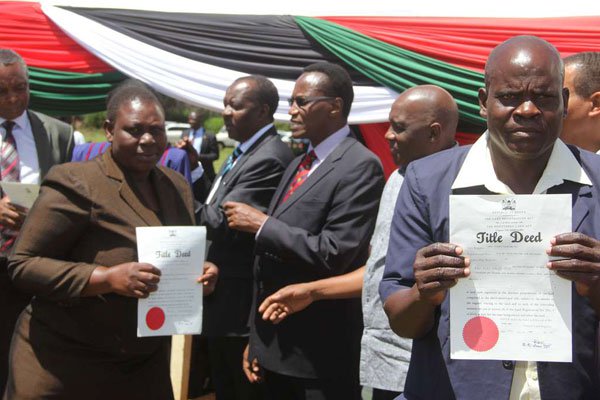CARP institutional assessment in a post-2008 transition scenario: toward a new rural development architecture
The main objective of the paper is to explore possible institutional arrangements among the Comprehensive Agrarian Reform Program (CARP), Philippines, implementing agencies in a post-2008 transition scenario for CARP. There were three reasons cited for the implementation of the agrarian reform program, namely: (i) to increase productivity, (ii) to reduce inequality particularly in the countryside, and (iii) to address one of the main causes of the persistent Communist insurgency in the country.




